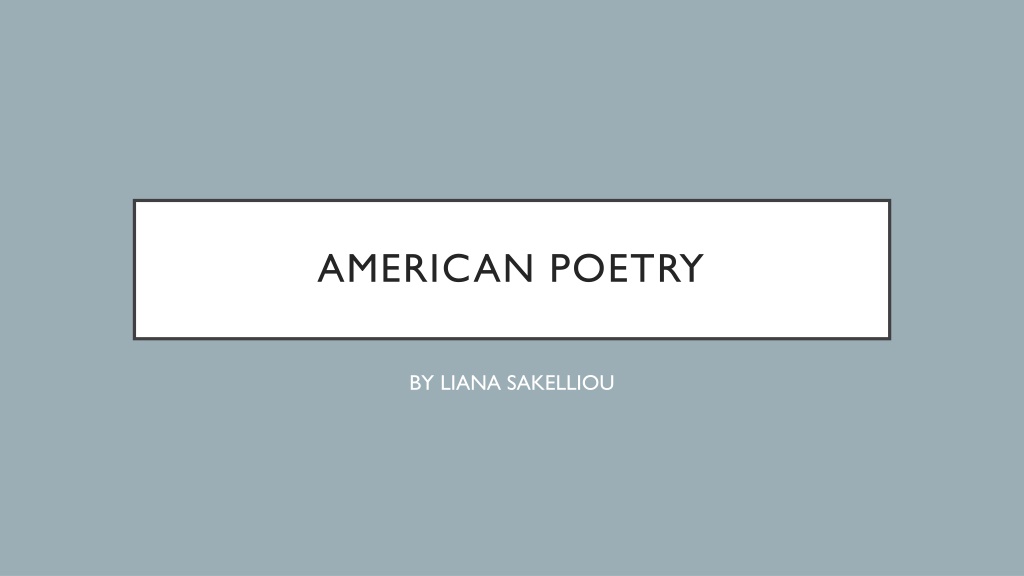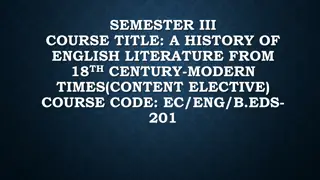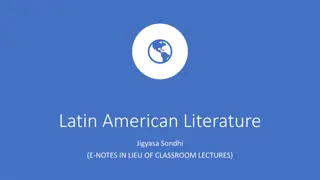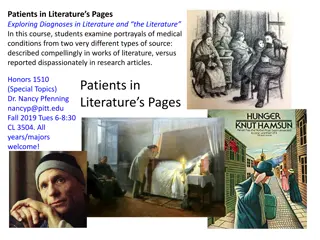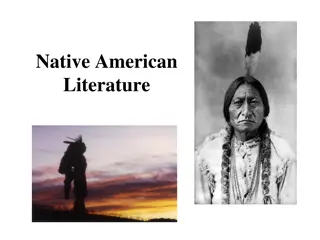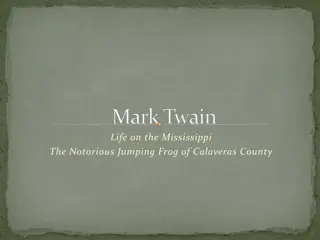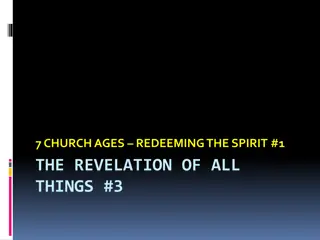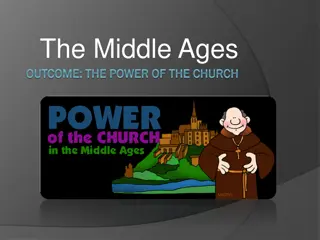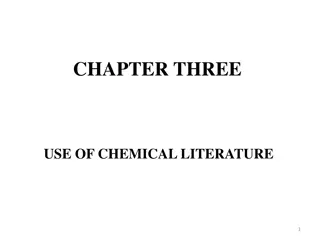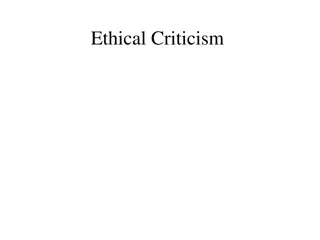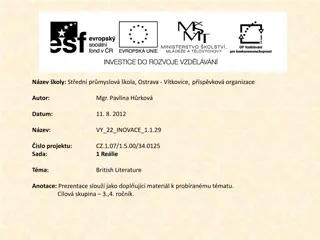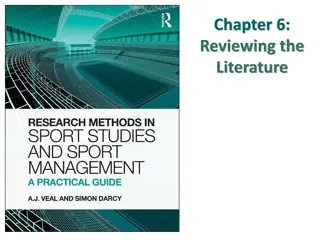American Literature Through the Ages
Explore the rich tapestry of American literature covering American Indian culture, New England Puritanism, the 18th century American Enlightenment, and the American Renaissance. Discover the oral traditions of American Indian tribes, the puritanical values of New England, the democratic origins of America, and the transcendentalist movement of the 19th century. Immerse yourself in the diverse literary landscape that has shaped American literary history.
Download Presentation

Please find below an Image/Link to download the presentation.
The content on the website is provided AS IS for your information and personal use only. It may not be sold, licensed, or shared on other websites without obtaining consent from the author. Download presentation by click this link. If you encounter any issues during the download, it is possible that the publisher has removed the file from their server.
E N D
Presentation Transcript
AMERICAN POETRY BY LIANA SAKELLIOU
AMERICAN-INDIAN CULTURE American literature begins with the oral myths, legends, tales, lyrics 500 different Indian languages Navaho=hunting cultures Acoma=agricultural Ojibwa=lake dwellers Hopi=desert tribes They worshipped gods, animals. Plants. Nature is a spiritual and physical mother Coyote=tricksters who are heroes like Odysseus and Prometheus OR foolish (Carl Jung: inferior side of the psyche)
THE AMERICAN INDIAN MYTH OF CREATION--MAHEO The snow-goose, the mallard, the loon, the coot==4 water birds to create the World. Grandmother Turtle supports the mud world= Turtle Island Chants/ Dance Ceremonials/ Songs: A loon I thought it was/ But it was/ My love s/splashing oar. I/the song/I walk here. Contemporary Native American Poets: Simon Ortiz, Roberta Hill Whiteman, Louise Erdrich
NEW ENGLAND PURITANISM Education seen as understanding and executing God s will. Life is a Test, an arena of constant battle between God and Satan. Puritanism and Capitalism= rest on ambition, hard work, striving for success. Life is an expression of the divine will. The Pilgrims William Bradford (1590-1657) Of Plymouth Plantation (1651) Anne Bradstreet (1612-1672) The Tenth Muse lately Sprung Up in America (1650) Edward Taylor (1644-1729) A series of Meditations
THE 18THC. AMERICAN ENLIGHTENMENT- DEMOCRATIC ORIGINS Phillis Wheatley (1753-1784) African-American poet. Neoclassical style, religious themes, On Being Brought from Africa to America 'Twas mercy brought me from my Pagan land, Taught my benighted soul to understand That there's a God, that there's a Saviour too: Once I redemption neither sought nor knew. Some view our sable race with scornful eye, "Their colouris a diabolic die." Remember,Christians,Negros, black as Cain, May be refin'd, and join th' angelic train.
THE AMERICAN RENAISSANCE (1820-1860) American Romanticism: Self-realization, self-expression, self-reliance. Transcendentalism Concord, Massachusetts: the first artist s colony; a spiritual and cultural alternative to American materialism Ralph Waldo Emerson (1803-1882) : to be a good minister, you have to leave the church . Hinduism, Confucianism, Islamic Sufism. ESSAYS (1836): The Poet, Nature, Fate, The American Scholar Matthew Arnold: The best writings in English in the 19th century had been Emerson s Essays and W. Wordsworth s poetry.
THE BEST AMERICAN POETS OF THE 19TH C Edgar Allan Poe (1809-1849) Walt Whitman (1819-1892) Emily Dickinson (1830-1886)
WALT WHITMAN WALT WHITMAN (1819-1892) SONG OF MYSELF (1892 version) I celebrate myself, and sing myself, And what I assume you shall assume, For every atom belonging to me as good belongs to you. I loafe and invite my soul, I lean and loafe at my ease observing a spear of summer grass. My tongue, every atom of my blood, form d from this soil, this air, Born here of parents born here from parents the same, and their parents the same, I, now thirty-seven years old in perfect health begin, Hoping to cease not till death. Creeds and schools in abeyance, Retiring back a while sufficed at what they are, but never forgotten, I harbor for good or bad, I permit to speak at every hazard, Nature without check with original energy. 1
SONG OF MYSELF 11 Twenty-eight young men bathe by the shore, Twenty-eight young men and all so friendly; Twenty-eight years of womanly life and all so lonesome. She owns the fine house by the rise of the bank, She hides handsome and richly drest aft the blinds of the window. Which of the young men does she like the best? Ah the homeliest of them is beautiful to her. Where are you off to, lady? for I see you, You splash in the water there, yet stay stock still in your room. Dancing and laughing along the beach came the twenty-ninth bather, The rest did not see her, but she saw them and loved them. The beards of the young men glisten d with wet, it ran from their long hair, Little streams pass d all over their bodies. An unseen hand also pass d over their bodies, It descended tremblingly from their temples and ribs. The young men float on their backs, their white bellies bulge to the sun, they do not ask who seizes fast to them, They do not know who puffs and declines with pendant and bending arch, They do not think whom they souse with spray.
SONG OF MYSELF 15 Seasons pursuing each other the indescribable crowd is gather d, it is the fourth of Seventh-month, (what salutes of cannon and small arms!) Seasons pursuing each other the plougher ploughs, the mower mows, and the winter-grain falls in the ground; Off on the lakes the pike-fisher watches and waits by the hole in the frozen surface, The stumps stand thick round the clearing, the squatter strikes deep with his axe, Flatboatmen make fast towards dusk near the cotton-wood or pecan-trees, Coon-seekers go through the regions of the Red river or through those drain d by the Tennessee, or through those of the Arkansas, Torches shine in the dark that hangs on the Chattahooche or Altamahaw, Patriarchs sit at supper with sons and grandsons and great-grandsons around them, In walls of adobie, in canvas tents, rest hunters and trappers after their day s sport, The city sleeps and the country sleeps, The living sleep for their time, the dead sleep for their time, The old husband sleeps by his wife and the young husband sleeps by his wife; And these tend inward to me, and I tend outward to them, And such as it is to be of these more or less I am, And of these one and all I weave the song of myself.
SONG OF MYSELF 26 Now I will do nothing but listen, To accrue what I hear into this song, to let sounds contribute toward it. I hear bravuras of birds, bustle of growing wheat, gossip of flames, clack of sticks cooking my meals, I hear the sound I love, the sound of the human voice, I hear all sounds running together, combined, fused or following, Sounds of the city and sounds out of the city, sounds of the day and night, Talkative young ones to those that like them, the loud laugh of work-people at their meals, The angry base of disjointed friendship, the faint tones of the sick, The judge with hands tight to the desk, his pallid lips pronouncing a death-sentence, The heave e yo of stevedores unlading ships by the wharves, the refrain of the anchor-lifters, The ring of alarm-bells, the cry of fire, the whirr of swift-streaking engines and hose-carts with premonitory tinkles and color d lights, The steam whistle, the solid roll of the train of approaching cars, The slow march play d at the head of the association marching two and two,
SONG OF MYSELF (They go to guard some corpse, the flag-tops are draped with black muslin.) I hear the violoncello, ( tis the young man s heart s complaint,) I hear the key d cornet, it glides quickly in through my ears, It shakes mad-sweet pangs through my belly and breast. I hear the chorus, it is a grand opera, Ah this indeed is music this suits me. A tenor large and fresh as the creation fills me, The orbic flex of his mouth is pouring and filling me full. I hear the train d soprano (what work with hers is this?) The orchestra whirls me wider than Uranus flies, It wrenches such ardors from me I did not know I possess d them, It sails me, I dab with bare feet, they are lick d by the indolent waves, I am cut by bitter and angry hail, I lose my breath, Steep d amid honey d morphine, my windpipe throttled in fakes of death, At length let up again to feel the puzzle of puzzles, And that we call Being.
SONG OF MYSELF 52 I depart as air, I shake my white locks at the runaway sun, I effuse my flesh in eddies, and drift it in lacy jags. I bequeath myself to the dirt to grow from the grass I love, If you want me again look for me under your boot-soles. You will hardly know who I am or what I mean, But I shall be good health to you nevertheless, And filter and fibre your blood. Failing to fetch me at first keep encouraged, Missing me one place search another, I stop somewhere waiting for you.
EMILY DICKINSON (1830-1886) I WENT TO HEAVEN I went to heaven, - 'Twas a small town, Lit with a ruby, Lathed with down. Stiller than the fields At the full dew, Beautiful as pictures No man drew. People like the moth, Of mechlin, frames, Duties of gossamer, And eider names. Almost contented I could be 'Mong such unique Society.
DICKINSON Wild nights - Wild nights! (269) Wild nights - Wild nights! Were I with thee Wild nights should be Our luxury! Futile - the winds - To a Heart in port - Done with the Compass - Done with the Chart! Rowing in Eden - Ah - the Sea! Might I but moor - tonight - In thee!
BECAUSE I COULD NOT STOP FOR DEATH We paused before a House that seemed A Swelling of the Ground The Roof was scarcely visible The Cornice in the Ground Since then 'tis Centuries and yet Feels shorter than the Day I first surmised the Horses' Heads Were toward Eternity
